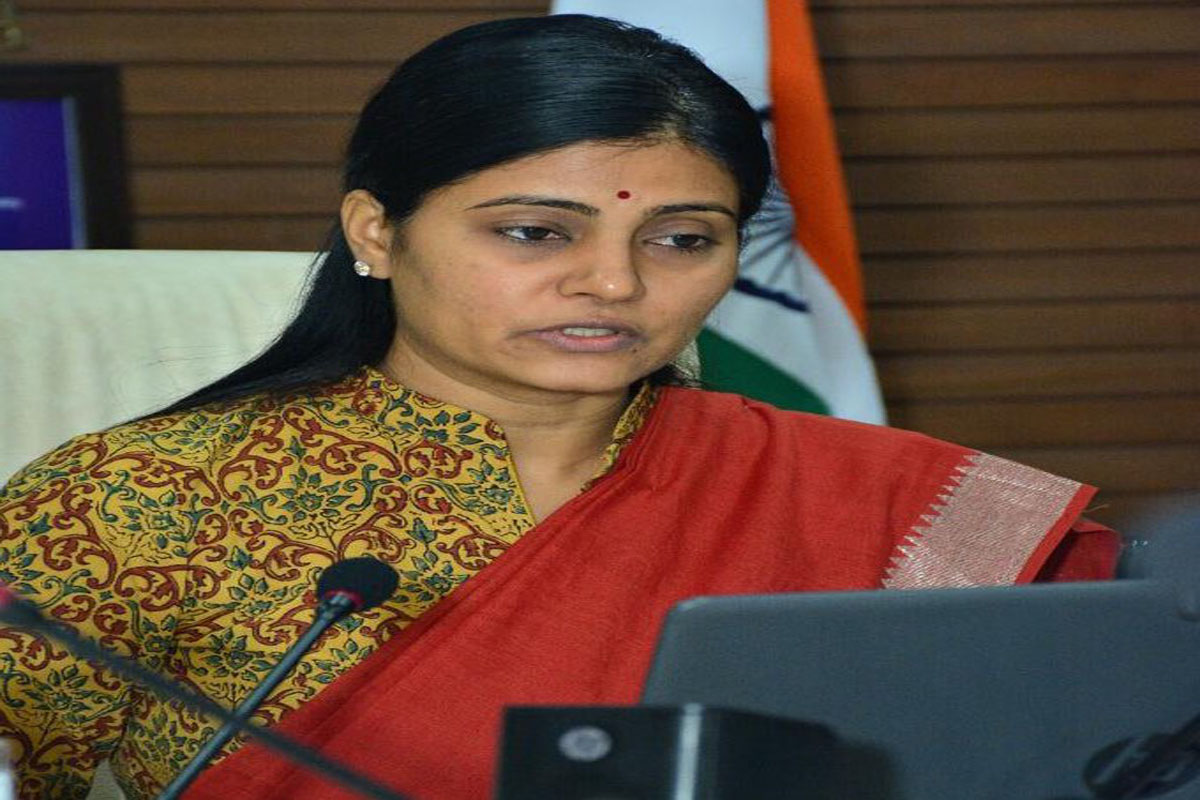Union Minister of State for Health and Family Welfare Anupriya Patel on Friday said adequately spaced pregnancies can significantly enhance maternal and child health outcomes as it reduces health risks.
Chairing a meeting with the public health experts, the Minister while stressing on the importance of healthy timing and spacing of pregnancies said, “Adequately spaced pregnancies can significantly enhance maternal and child health outcomes. This reduces health risks and empowers women and families to make informed choices about their reproductive health.”
Advertisement
Stating that the Centre has always been conscious of these issues, Patel said, “The launch of initiatives such as the Pradhan Mantri Surakshit Matritva Abhiyan (PMSMA), extended PMSMA, identification of high-risk pregnancy in PMSMA, Anemia Mukt Bharat Abhiyan, and the Post-Partum Family Planning Programme (Postpartum IUCD and Post Abortion IUCD) are some examples of the government’s commitment to the cause.”
She said the government’s efforts have resulted in reduction of maternal mortality from over 130 to 97 per one-lakh births.
The Minister also highlighted the efforts taken by states on their own to bring about the involvement of men in family planning. She also underscored the importance of an effective communication strategy.
“The task of achieving Viksit Bharat by 2047 cannot be done without empowering our women. Healthy timing and spacing between pregnancies are very important for women’s health,” she said.
The Minister lauded the experts for their commitment to the cause and noted that by empowering youth, addressing the challenges of equal participation of men and women, increasing couple communication, learning from best practices, taking cues from current and historical trends in family planning data, and expanding the contraceptive basket of choices, we would be able to reach the last mile.
She stated that identifying and mapping regions, districts, and blocks with low uptake of family planning services, low demand for modern contraceptives, high unmet needs, and similar state-appropriate criteria, and saturating them with family planning services, enhanced social and behaviour change communication, and involving frontline workers in these efforts can be a possible roadmap to achieve successful desired outcomes.
All the speakers unanimously voiced that equipping adolescents with accurate and judgment-free information about contraceptive options is essential for enabling informed decision-making and improving accessibility to family planning and reproductive health choices.
















